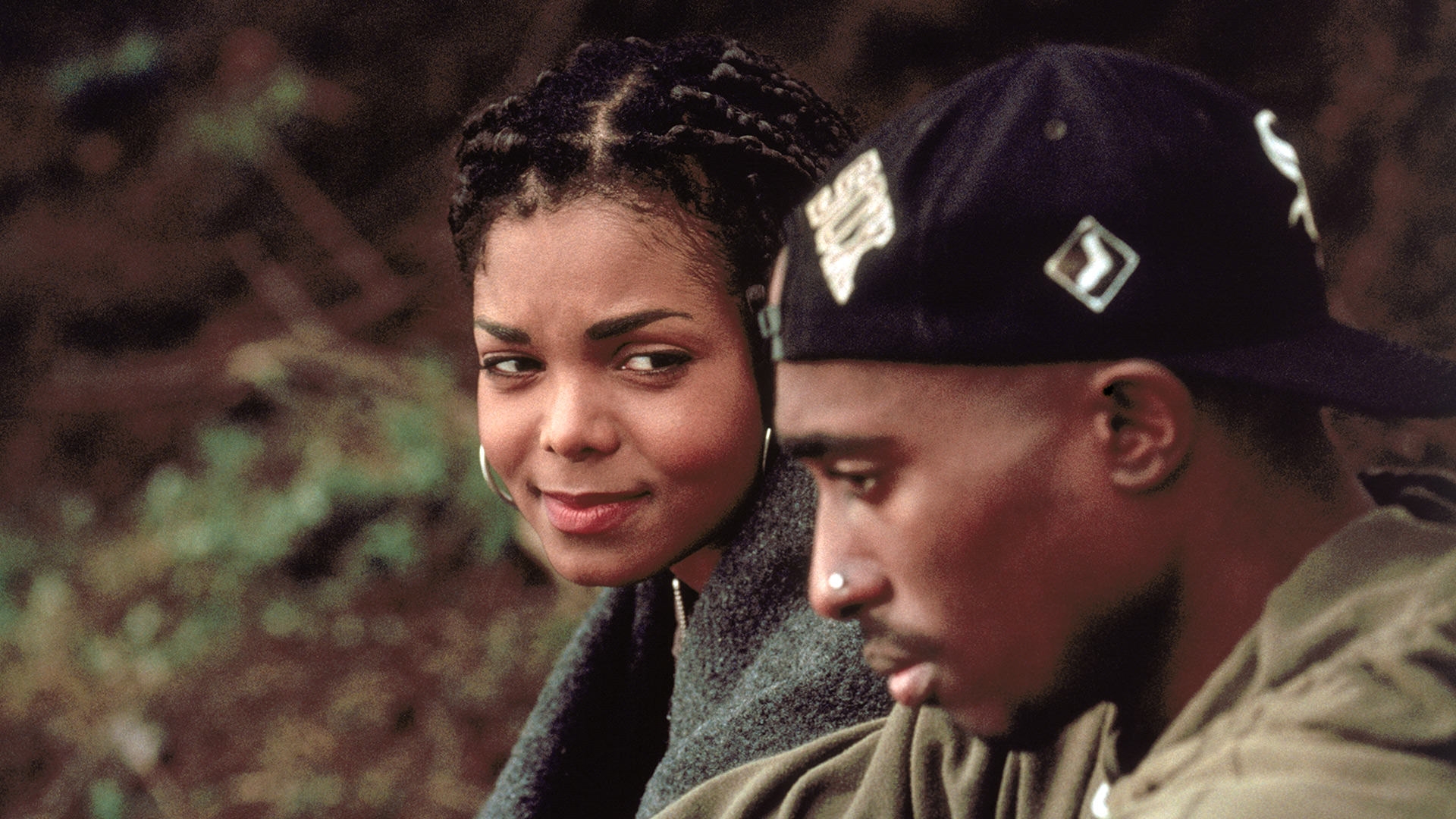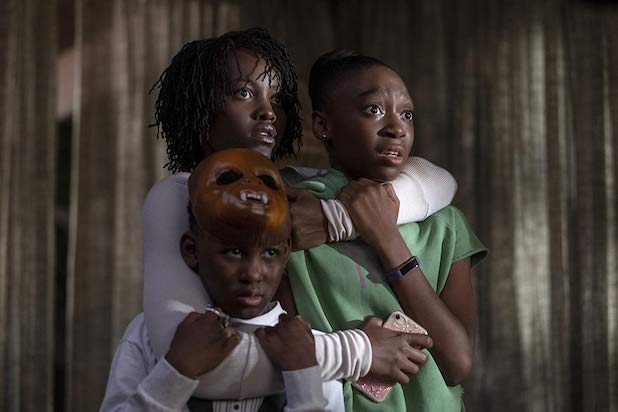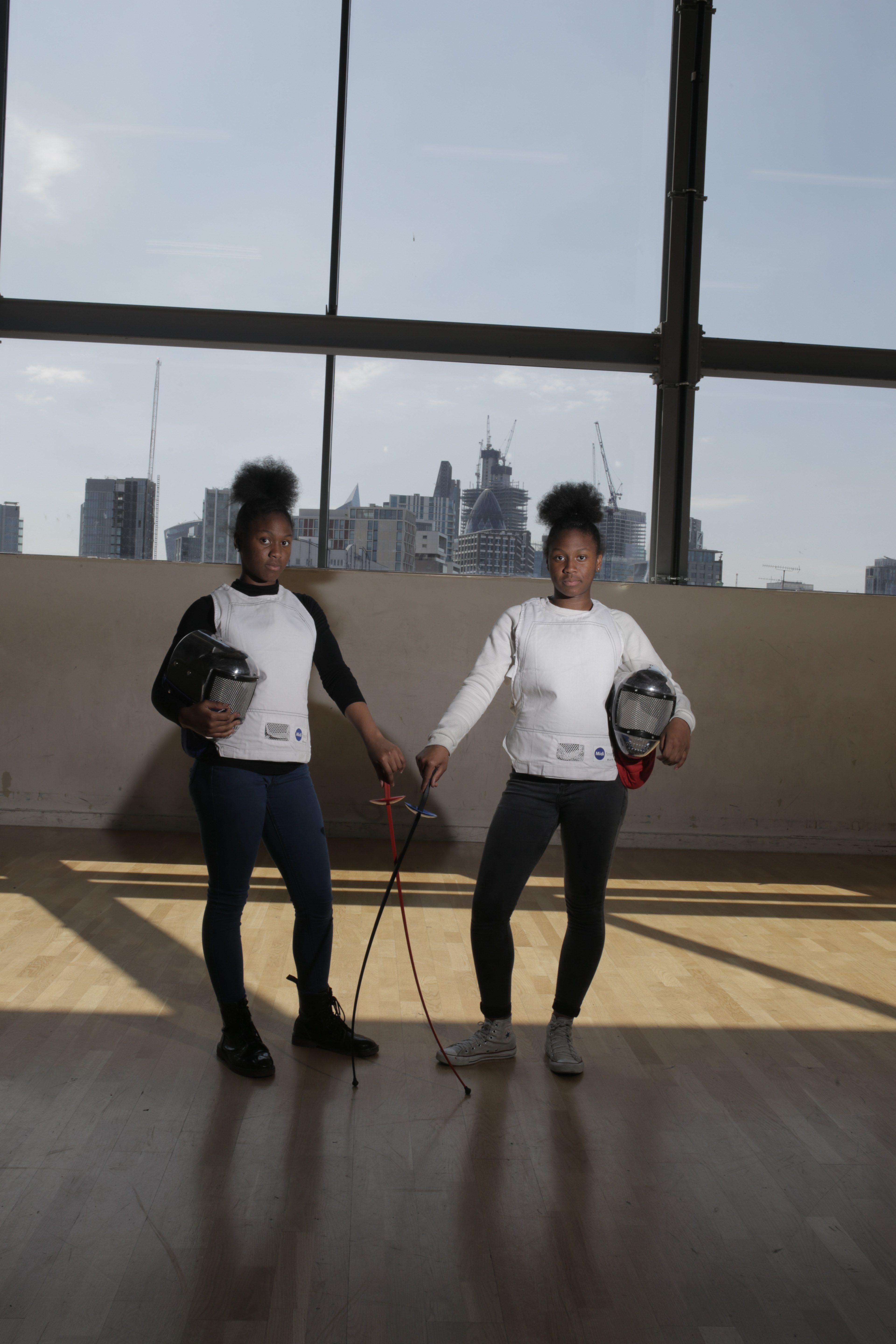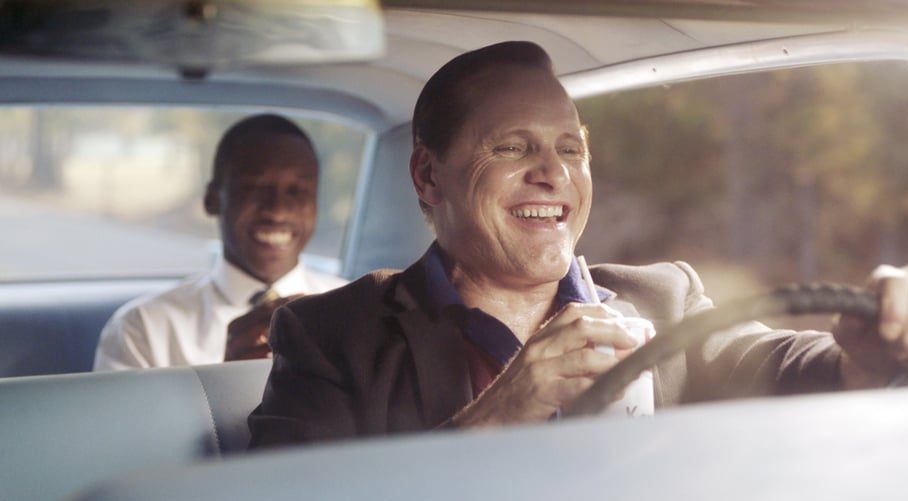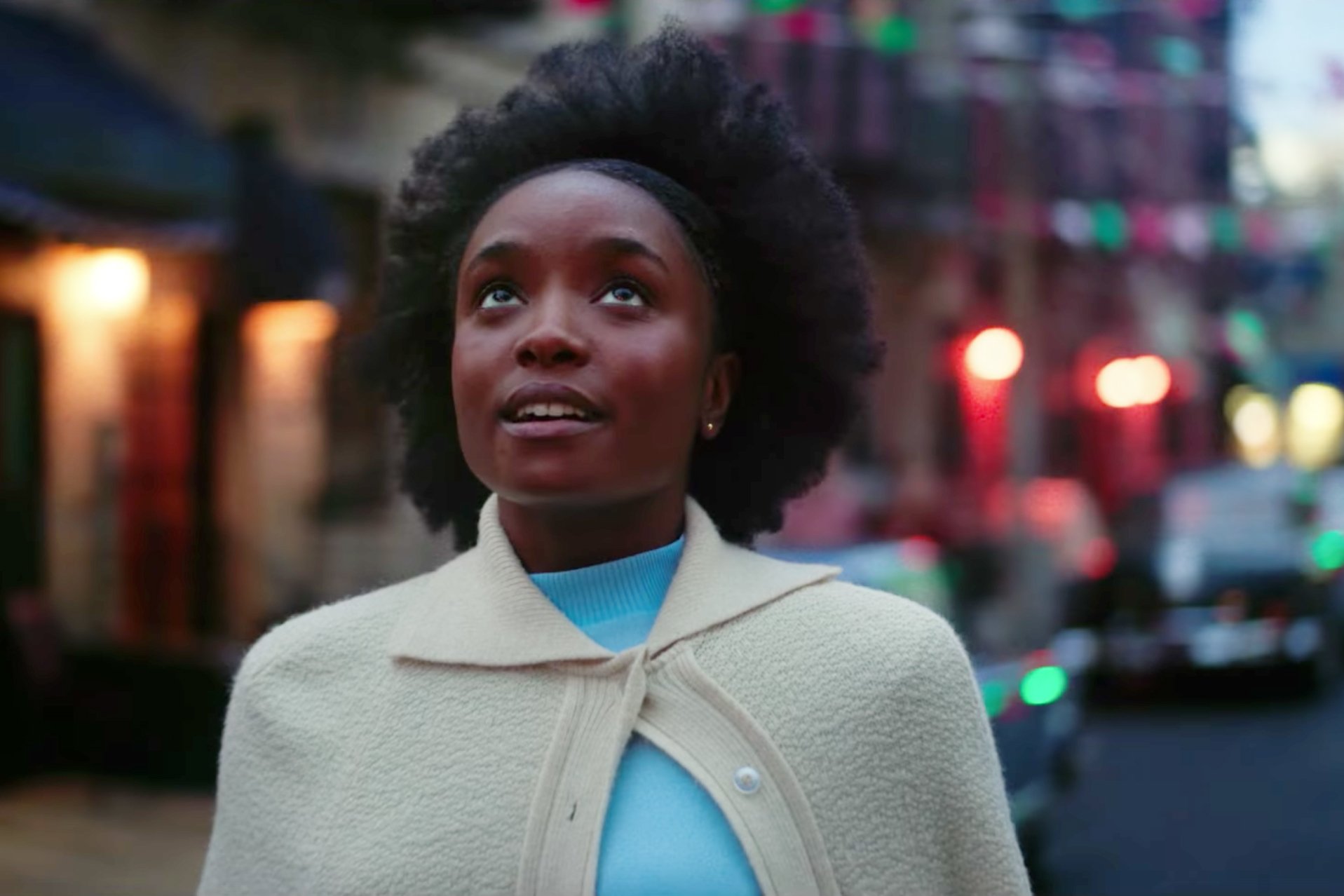A Christchurch attack film already? Hollywood’s never had Muslim people’s interests at heart
The new Hollywood biopic about the Christchurch attacks proves just how profitable the disposability of Muslims really is.
Zahraa Ahmed and Editors
15 Jun 2021

American Sniper
Last week, we learned that a new Hollywood biopic of the horrific Christchurch attacks is currently in production. They Are Us is a film that will depict the events which took place on the 15th March 2019, when 51 Muslims were brutally murdered during Friday prayers in Christchurch, New Zealand. Though the producer, Andrew Niccol, said the film will focus on the actions of Jacinda Ardern (New Zealand’s prime minister) rather than on the victims, there has been wide outrage and opposition from Muslims worldwide. Many have taken to Twitter using the hashtag #TheyAreUsShutDown to express their disapproval. Despite this, the movie seems to still be going ahead, with Rose Byrne set to play Ardern.
While many may be outraged, for Muslims, Hollywood’s erasure of our suffering and the constant dismissal and denial of our experiences is nothing new. Niccol’s biopic stands in a long list of TV shows and movies which fall into the trap of displacing and erasing Muslim suffering by perpetuating orientalist narratives and stereotypes. From American Sniper, where we see Muslims silently situated in a sandy desert and viewed through the telescopic sight of a rifle before being shot dead, or in Homeland, in which Muslim characters aren’t allowed to speak for themselves, or even in shows like the BBC’s Bodyguard, when we are afforded the privilege of speaking, it’s only to reinforce our alleged ‘passion for violence’. By refusing to give us the space to create our own narratives and tell our own stories, Hollywood has removed our agency and effectively dehumanised our suffering, instead choosing to consistently frame us as an inanimate security threat and as individuals who have an inherent love of violence.
“By constantly associating our identity with violence, the film industry creates an atmosphere where apathy festers”
According to new research which examined 200 of the top movies produced in the UK, US, Australia and New Zealand, Muslim characters are portrayed as the perpetrators of violence in a third of cases, while more than half are seen to be the targets of violence. By pushing forward these tropes in which Muslims are seen as the ‘barbarian Other’ with the associated narrative of either ‘kill’ or ‘be killed’, we create a dangerous precedent in which Muslim lives aren’t valued. By constantly associating our identity with violence, the film industry creates an atmosphere where apathy festers.
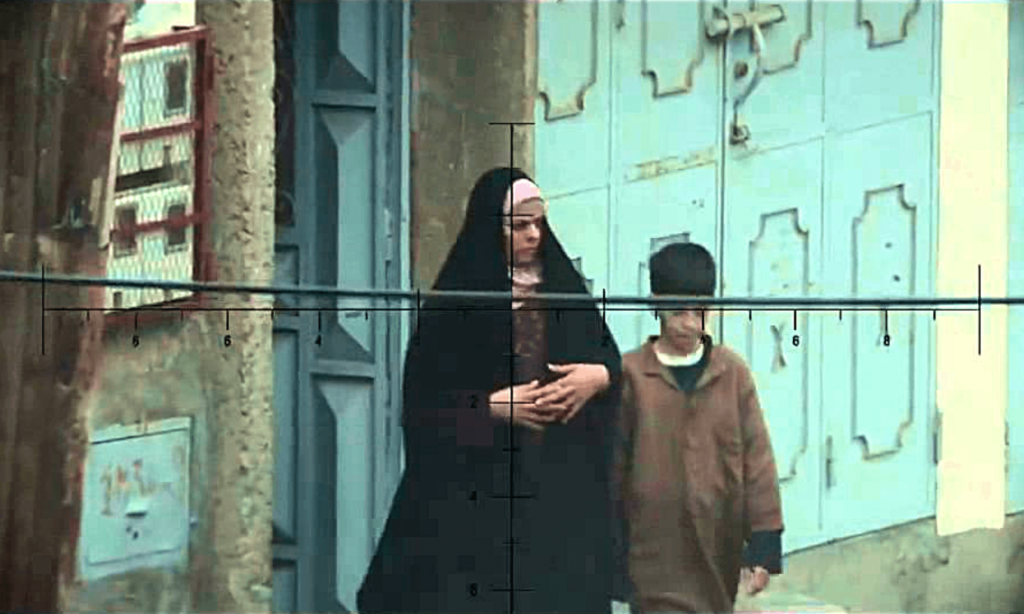
The insistence on this Christchurch massacre movie being produced, despite over 66,000 Kiwis signing a petition set up by the National Islamic Youth Association in New Zealand and a producer of the film also quitting, also highlights how Muslim suffering is often utilised for economic profitability. According to Nathan Lean, a writer and researcher on Christian-Muslim relations and Islamophobia, the latter is an industry which has proven to be profitable for many individuals. In his book The Islamophobia Industry, Lean highlights and explores the variety of network funders, think tanks and countless organisations that have actively supported and perpetuated xenophobia and bigotry to “produce a climate of fear that sustains a threatening social cancer”. This can be further supported by research conducted by CAIR and the University of California, Berkeley, which found that at least $205m was provided to thirty-three organisations whose primary purpose was to promote prejudice against, or hatred of Islam and Muslims in the United States between the period of 2008-2013.
An investigation by The Guardian also found that the far-right activist Tommy Robinson received a salary of approximately £5,000 a month during his fellowship with the Canadian right-wing media website Rebel Media in 2017, financed by US tech billionaire Robert Shillman, to reproduce orientalist and problematic narratives in relation to Muslims. By creating revenue streams that are built and sustained through the suffering of minority communities, we continue to ensure the perpetuation of violence and make suffering an economic venture. Not only do we see the precarity of Muslim lives, but how the neoliberal system utilises these narratives to effectively justify their deaths, because they would make a ‘profitable’ film.
“Not only do we see the precarity of Muslim lives, but how the neoliberal system utilises these narratives to effectively justify their deaths, because they would make a ‘profitable’ film”
The clear absence of Muslims in the creative industry is also telling. Our suffering is always seen through the eyes of another – in film, we’re rarely given the same chances to tell our story, in a way where we can take control of our own narrative. From the way Muslims are spoken about in the news to portrayals on TV shows, an attempt is always made to speak on behalf of us, without ever passing the mic so that we can speak about our own grief, trauma and suffering. With only 0.4% of journalists in Britain being Muslim and there being a clear absence of Muslims in writers’ rooms, it’s clear that the lack of knowledge and understanding of Islam and of those who follow it has led to a reproduction of these problematic narratives, with a clear reluctance and disinterest in putting together storylines that would serve our communities and society better.
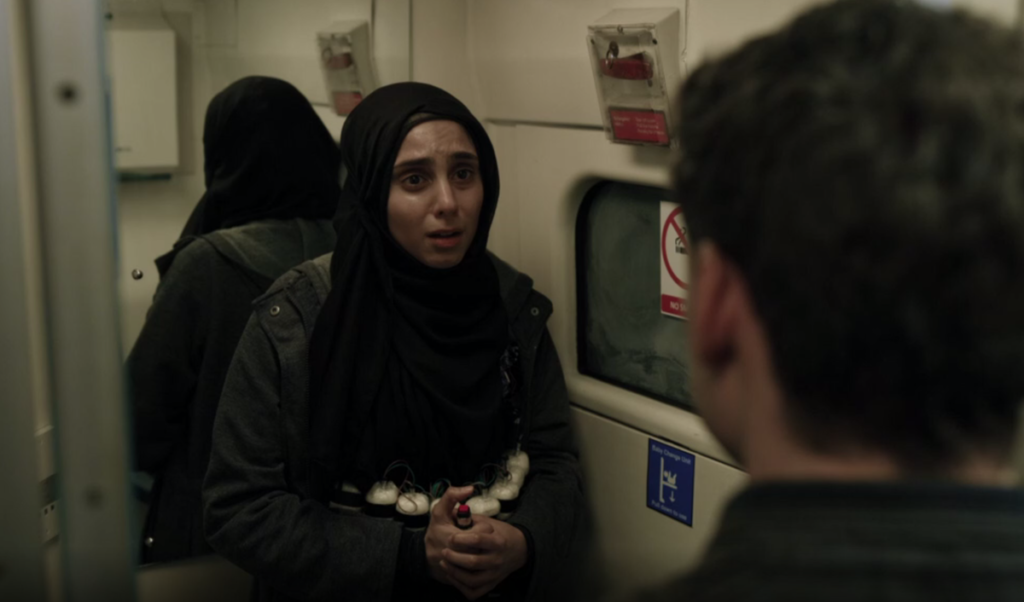
As Judith Butler, an academic and critical theorist who has written significantly about violence, grief and the role of the media in her book Frames of War: When is Life Grievable? explains, by using specific framings in our retelling of stories, we construct a hierarchy of grief – a system in which we subconsciously place alternative values on the suffering of different groups based on what we are told and how we are made to feel. By creating these frames which displace, distort and refuse to centre the experiences of Muslim communities and alternatively place the narrative through a white medium, we remove the agency of Muslims to tell their own stories and ultimately allow the cycle of violence to continue, even after death.
“By creating these frames which displace, distort and refuse to centre the experiences of Muslim communities, we allow the cycle of violence to continue, even after death”
This is clearly seen in contemporary TV shows, such as the BBC’s Informer, in which we see the story of a young, working class, second-generation Pakistani boy named Raza, who is arrested on a petty drug charge, only to be turned into an informer. This ultimately results in the break up of his entire family and the death of his younger brother, but very little attention is paid to this part of the story that focuses on trauma and grief, with the ultimate focus being on radicalisation and recreating characteristics of criminality. Similarly, we see this in Line of Duty, where in the very first episode of the acclaimed series, police officers shoot and kill an innocent Muslim man after a raid gone wrong. Very little attention is paid to the pain, suffering and grief of the family, with the story shifting its focus once more to focus on the white, male protagonist and his fight for justice.
Change is needed when it comes to depicting Muslim communities on screen. We need to create an industry where Muslims can speak about their own experiences and tell their own stories. Organisations such as The Pillars Fund are already doing this by having set up the Pillars Artist Fellowship to financially support and train aspiring Muslim artists from the US and the UK, so that they can enter the film and TV industry. We’ve also seen initiatives such as The Riz Test being created to help hold the industry to account when it comes to portraying problematic and Islamophobic narratives about Muslims.
It’s refreshing when Muslims are given the space to create and tell their own stories. From The Patriot Act by Hasan Minhaj to Ramy by Ramy Youssef, a new era of Muslims are taking up and cultivating spaces that present their experiences in a refreshing light – where the focus isn’t on their Muslimness, but on them as individuals who navigate life in light of their faith. We’ve also seen in this in movies like Spider-Man: Far From Home, where the presence of Muslim characters in supporting roles where they’re simply visible can be powerful. Whether it be better representation in writers’ rooms, or schemes to encourage more Muslims to become directors and producers, it’s evident that these steps go a long way to centre the stories and experiences of Muslims – they allow us to set the narrative of who we are, and what we choose to be.

